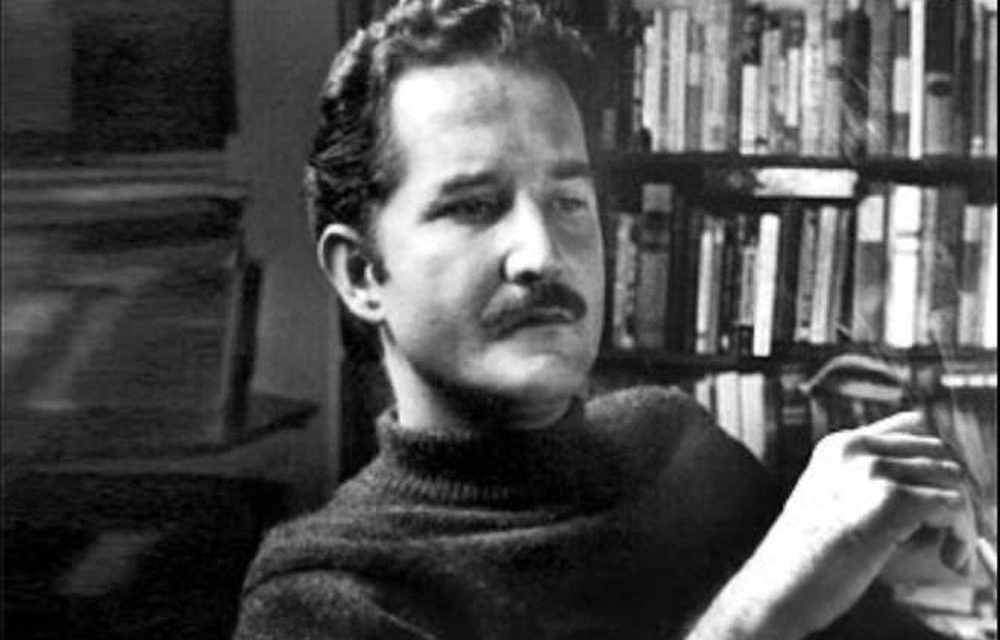“I was born under the zodiac sign I would have chosen anyway. I am a scorpio.”
Born 11 Nov. 1928 in Mexico City, Fuentes would spend his formative years in the U.S. From age 4 to age 11 he lived in Washington, DC.
It was here that at the age of 7 Carlos Fuentes began his literary career. In a packed lecture hall on the old Radcliffe College campus,he explains that that was the year he began producing a personal monthly magazine. At the bottom of the back page he neatly printed on each copy: “Please return when you are finished reading.”
It was the 30s. FDR was president. He learned that the U.S. is “a country that depends on human and social capital. A vibrant place…”
”[The U.S.] solved the problems of the world through democracy…but politics and poetry would not come together for me until I lived in Chile, where at the age of 13 I wrote my first novel.“ Melodramatic, debaucherous, full of distressed damsels, and testosterone, testosterone everywhere. “It wasn’t very good.”
He explains, “It wasn’t till I discovered Borges that I decided to be a writer in Spanish. Up until then I thought I could only dream, make love, and curse in Spanish.”
Fuentes always loved Don Quixote, but it seemed to him there weren’t any other great writers in his native language until Borges. Reading Borges opened a world for him. “The crown prohibited novels in the colonies.” But now the rise of great African literature, great Indian literature, great Latin American literature, and great literature written in English is what he calls “the empire writes back.”
The audience chuckles, but there is truth here. “Arrogant, inconsiderate and rude behavior are all forgivable in a writer if thanks to them HE DOES HIS WORK,” and he emphasized these words passionately. Like Janus, “books look toward both the past and the future. And the next reader is always the first reader.”
What are the two biggest lessons of literature? “Grandmothers are the best novelists in the world, no doubt.” And “the windmills are giants, never forget.”
After America, he taught himself French on the steamship to Europe. And under Balzac’s influence, he wrote Aura, one of his greatest books. “Aura is a novella about time and longing. Social reality and fantastic reality. Fact and imagination. And the deadly duality between fear and desire–the fear that the price of desire accomplished is death!” In other words, “sex is 90% misery and 10% pleasure.” Perhaps this is even more true today. “Who you confide in, lie to, make love to…these are the things in life that matter.”
Fuentes read from his new work Laura Diaz. It seemed the audience held its breath as he read a passage in Spanish, a sex scene between the protagonist and Frieda Calho. Contrived, perhaps, but there was no doubt of the scene’s beauty. “Mi cuata, mi cuata de veras.” He closed with the words, “Beauty only belongs to those who understand it.”
In addition to a life of letters, Carlos Fuentes served as Mexico’s ambassador to France.
Carlos Fuentes Unguarded, written in 1998









